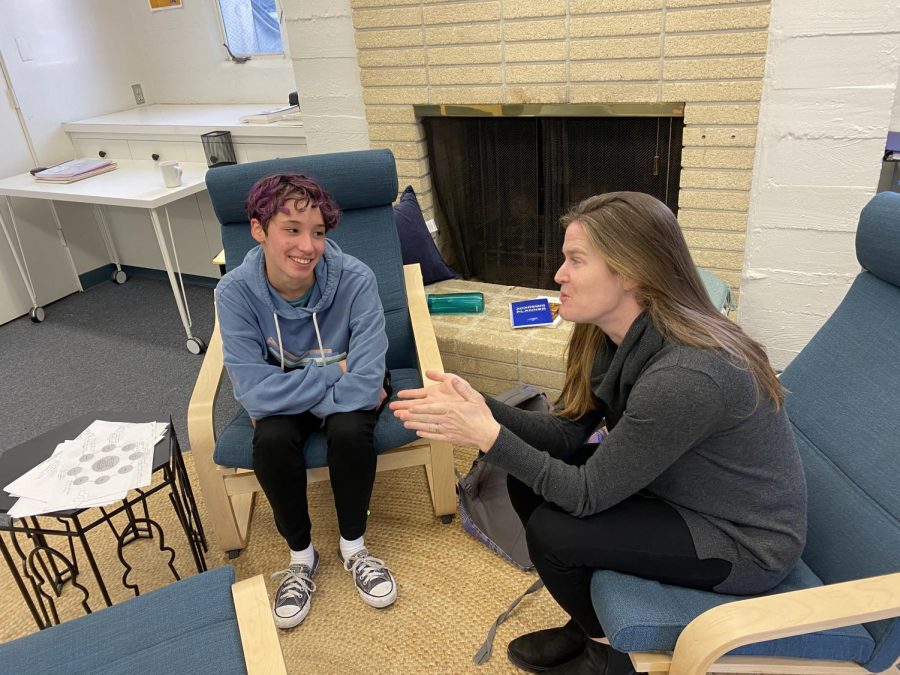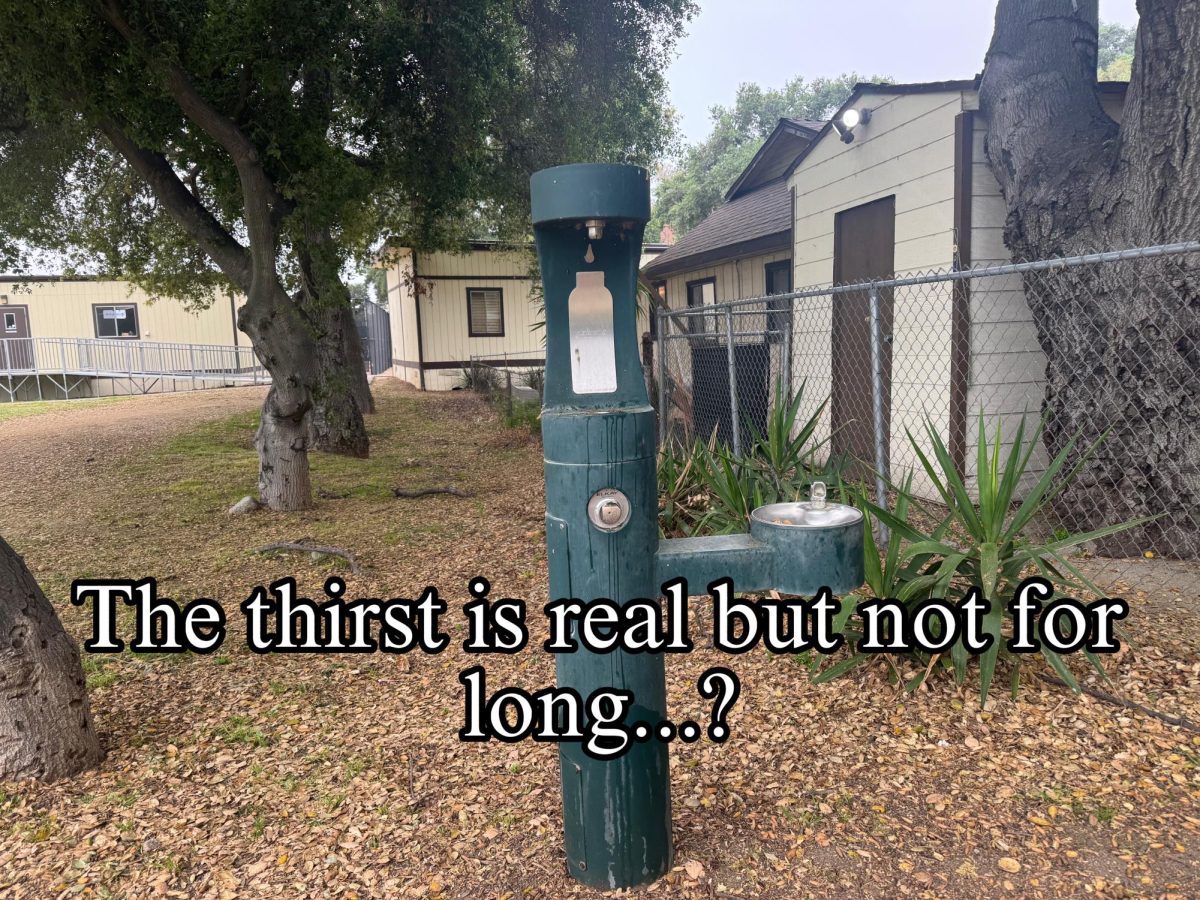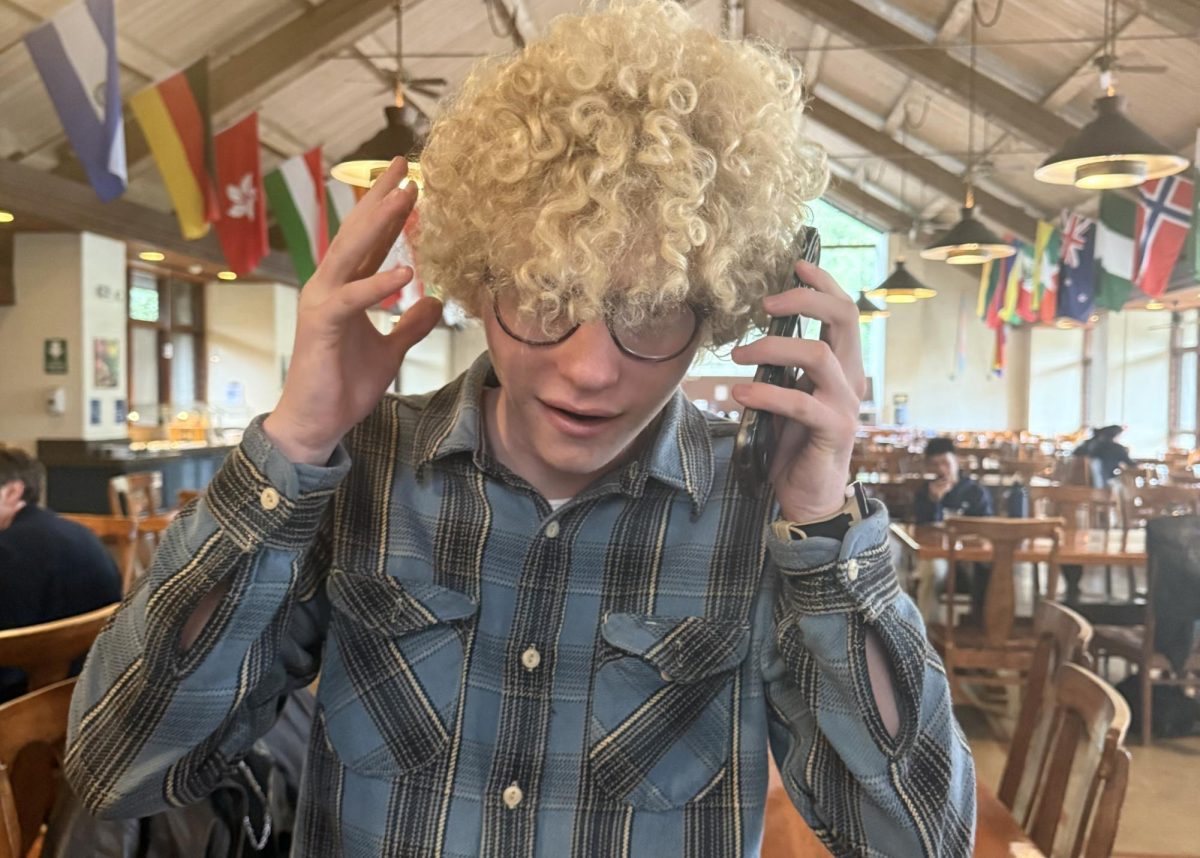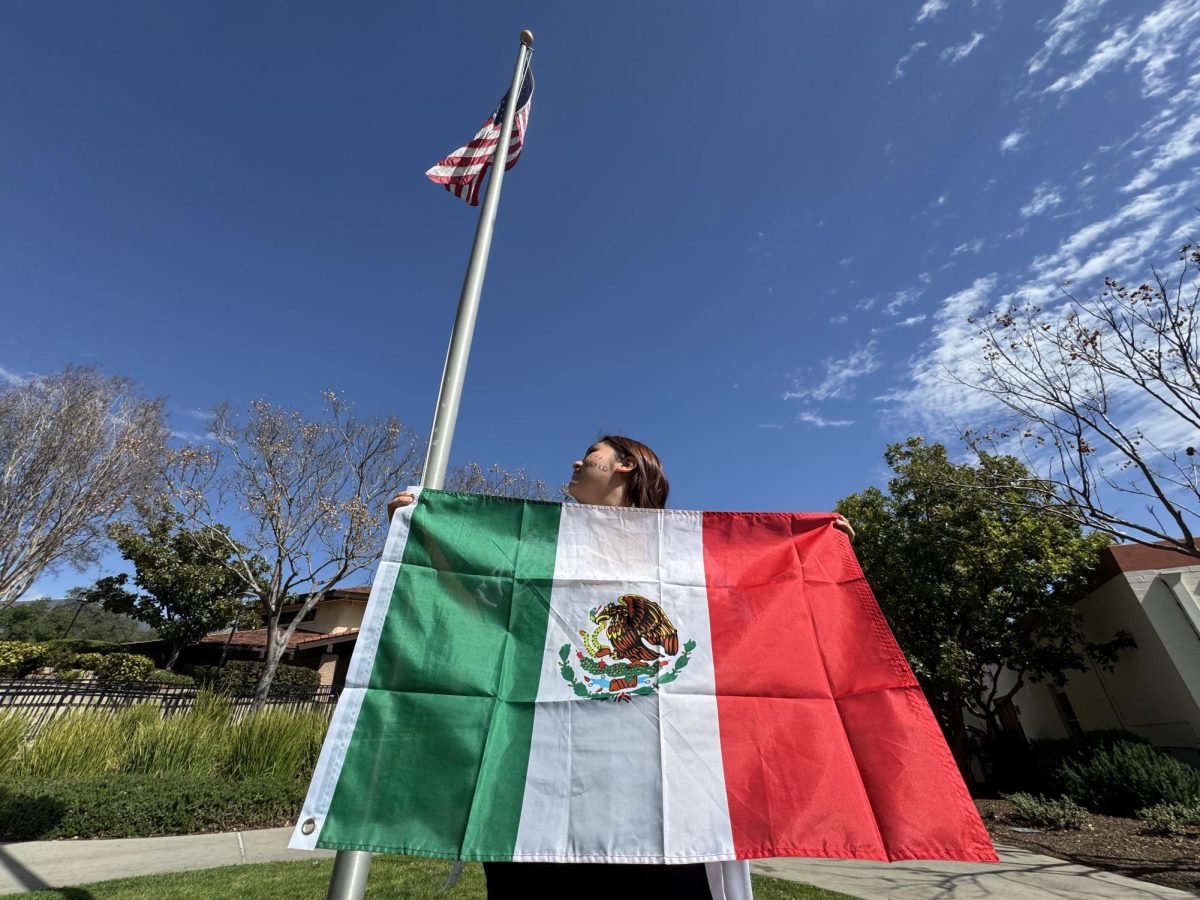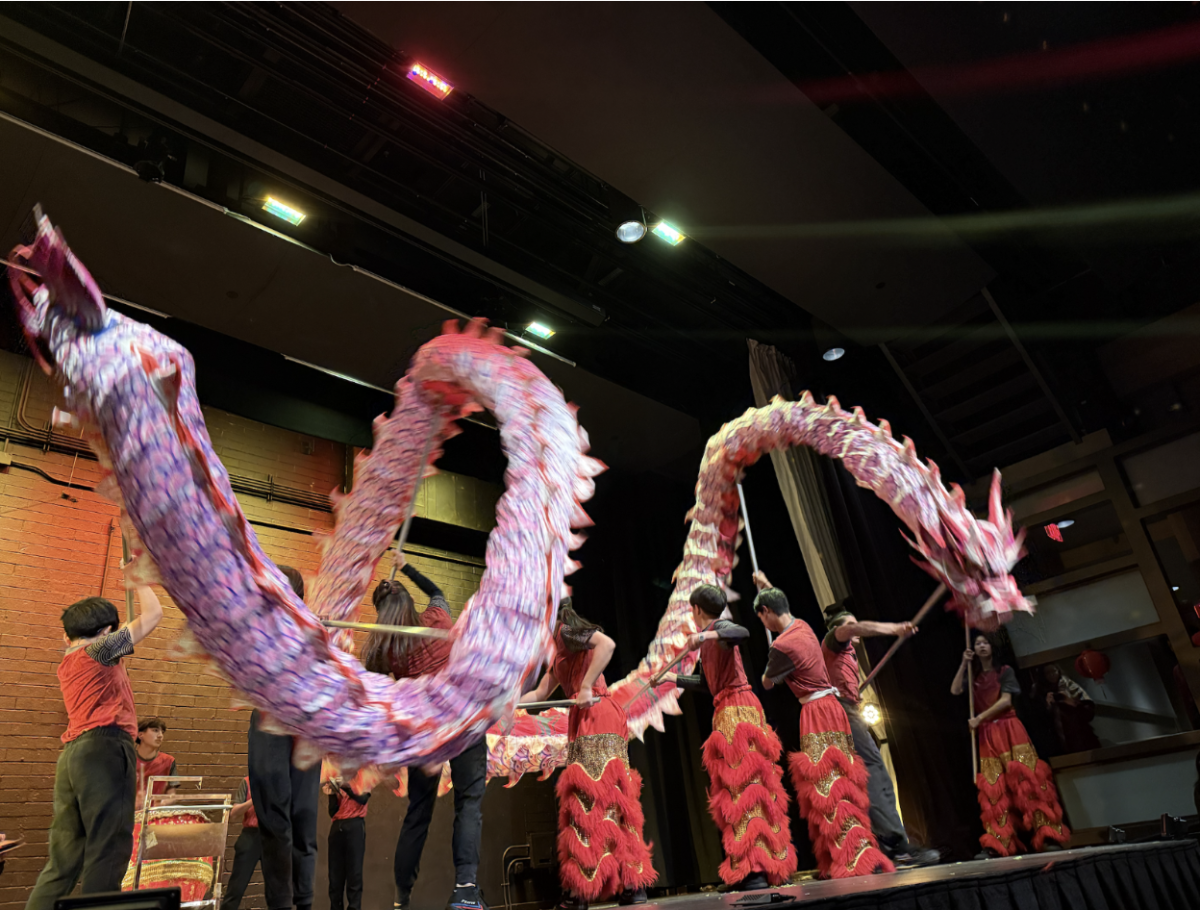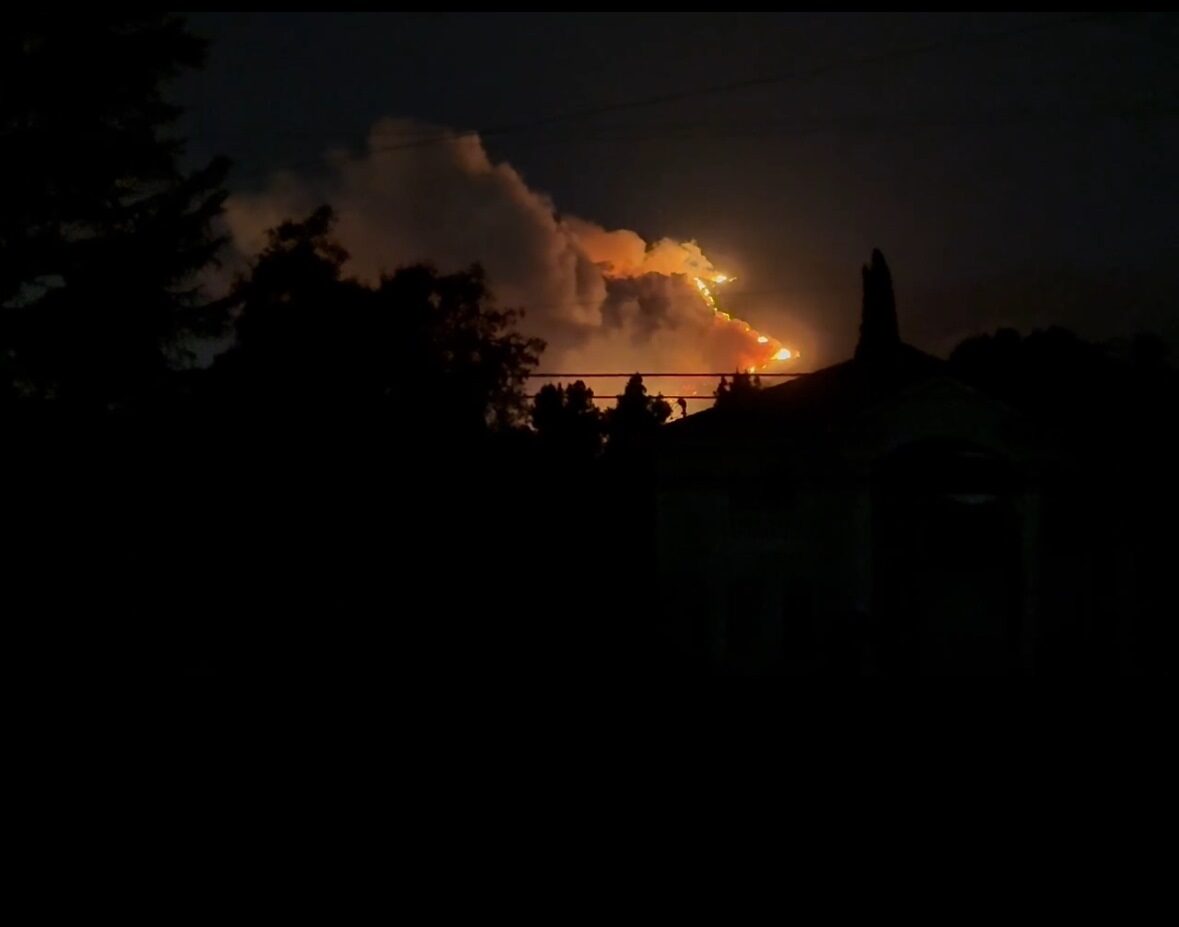January 6th is a day now engraved in the minds of most Americans. The first time the Capitol was attacked since 1812, as well as the culmination of building tensions, governmental distrust, and the chaotic end to former president Donald Trump’s eventful presidency, ultimately resulting in over 725 arrests and around 1.5 million dollars in property damage.
With the congressional hearing over and the final report published, the House of Representatives recommends that Trump face criminal charges, along with the Department of Justice’s decision to similarly charge many of his nearly 1,000 supporters who stormed the capitol. The report also recommended action against several key members of Trump’s staff, including Speaker of the House Kevin McCarthy.
But January 6th is a symptom of a much larger split in America’s politics. The Capitol riots started over Trump’s refusal to cede the presidency, originating from an increasing divide in American politics.
“I think — and this is not by any means an original take — that the divisions between the Democratic and Republican parties and their respective supporters of all ages throughout the country have only widened in the last ten years,” said Jessica Fisher, Humanities Department Chair. “And there are so many reasons for that. Some of those reasons lie in the very roots of those two parties, and in the switch of the Democratic and Republican parties in terms of what they stood for.”
But even deeper than the split between the Democratic and Republican parties is a divide within the Republican party itself — between the main body of the party and Trump supporters.
“January 6th, I think, was really a breaking point for those who hadn’t yet broken with the party,” Ms. Fisher said. “It was an explicit attempt to take over the US government and undermine the democratic process, the peaceful transfer of power, which has existed since the beginning of American democracy.”
“I personally watched Republican people I know respond to the events of January 6th with horror, ‘I didn’t know this could go this far. Now we’re beyond the pale.’ And I think that that further challenged the Trump-ers within the Republican party to decide where their allegiance lay, and we’ve been seeing that fallout ever since.”
This split is revealing itself in other branches of politics as well; in this year’s elections for Speaker of the House, for the first time in over a century, the House of Representatives took 15 rounds of voting to come to a decision. Part of the conflict was due to a weaker than predicted midterm turnover for the Republican Party, which resulted in Republican control of the House of Representatives but Democratic control over the Senate and, of course, the White House. This is due in part to Trump; during his presidency, focus shifted from the economy – a Democratic weak point – to more favorable causes like abortion, climate change, and election fraud. The second reason may be thanks to an unexpectedly high turnout of young Democratic voters.
“I don’t think I have any current friends that have voted yet — just because they recently turned 18 —but I know that a lot of people that are 18 or getting close to 18 are very eager to vote,” Emilia Bordage (’23) said, when asked about her peers’ outlook on voting. “You know, a lot of people are like, ‘go vote, go vote, go vote’, and [I think] it’s because people want to know that their voice is being heard. Even if it’s just a small number, this is going to be something that impacts everyone.”
Midterm turnovers aside, McCarthy’s battle for Speaker of the House was also due to the aforementioned second split within the Republican party. What was initially expected to be a clean win for Republicans soon revealed a new faction: a group of far-right Republicans who refused to support McCarthy because of his disloyalty to Trump.
This inner schism is the manifestation of a much larger Trump-centered split in American politics and opinions both in politics and every day, often on social media platforms. Far right political sects like Qanon, a conspiracy theory about prominent Democratic leaders that arose from an online message board called 4chan, are examples of this radicalization online.
“I think President Trump emboldened and gave the spotlight to fringe groups, especially conservative fringe groups like the Proud Boys,” said Will Allan, Humanities faculty who teaches Honors Press, Politics, and American Power. “What were once conspiracy theories are, for some people, now legitimate theories as to how the government is run.”
“I think the empowerment of these groups is kind of infiltrating the mainstream, and I think most people would agree that that’s a dangerous thing to do if you base your politics on something that isn’t grounded in reality or fact and is grounded in a 4chan conspiracy theory that started online.”
Part of this is due to online phenomena like “echo chambers“, in which social media algorithms tailor users’ feeds to only display positions agreeable to the user, and online “rabbit holes“, in which users unintentionally follow a loosely connected trail of topics and end up in a completely different place from the one they began in. These patterns isolate users and ultimately divide people on an even deeper level, resulting in increasingly polarized politics.
“As a general observation, I would say it seems like the level of discourse – the level of engagement and speaking about these kinds of issues has gone down, has sort of devolved,” said Anthony Shin, Humanities teacher. “The amount of posting about stuff has increased, but whether that really equates to actual engagement and learning and doing what goes beyond that, I don’t think it’s quite there. Yeah, Twitter can reach people very quickly and you’re able to get something in a very bite sized way, but then are you absorbing that information in that same way?”
January 6th was one of the first major events displaying this divide. The Republican party began to split, with some major Republican party leaders (like Wyoming Representative Liz Cheney) denouncing Trump and his supporters for his claims of election fraud and others embracing and supporting him. This split was made even clearer in McCarthy’s bid for Speaker of the House, with a faction of Representatives clearly separating themselves from the main Republican party and disregarding President Trump for the first time.
It is unclear how this new faction under the Republican party will affect American politics, especially the new Speaker of the House McCarthy, who is under pressure to appease both the main Republican party and the new opposing group. The split is already visible in our everyday lives, in increasingly radicalized internet groups and heated online discussions. At Webb, we should be careful of this shift in both our social media presence and our in-person conversations, especially as we navigate these complex issues both in and outside of the classroom.


